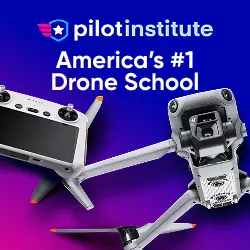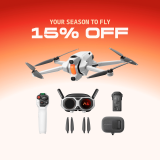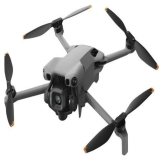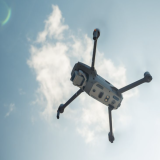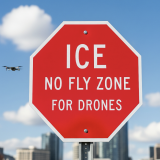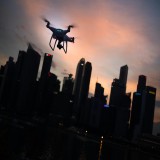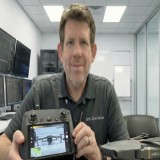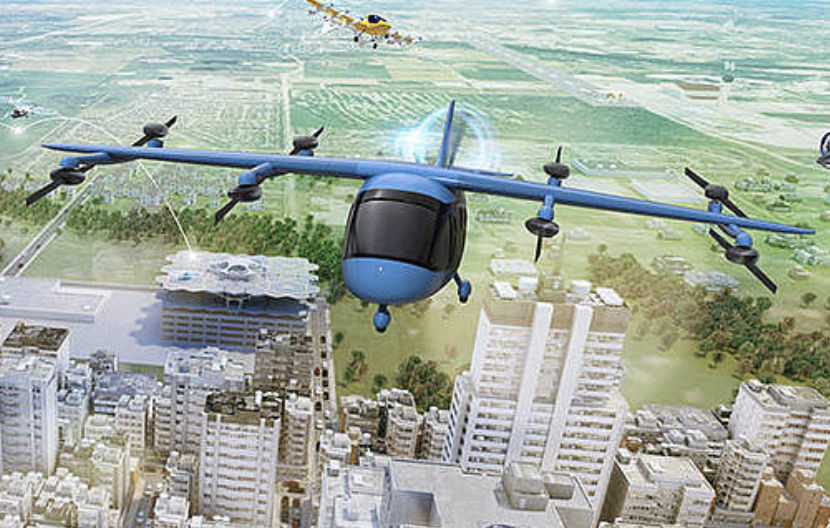
17 May 2023
The Following Article by Teresa Whiting and Edited by Ryan Lydon is Courtesy of NASA
NASA is building the system to make soaring over traffic in air taxis, providing public good missions in the form of medical and emergency response by drone, receiving packages faster, and participating in a sustainable and safe mode of air transportation a reality. This new form of transportation is called Advanced Air Mobility (AAM).
Hear from some of our subject matter experts who are at the forefront of this research to learn about NASA’s important role in the creation of this exciting new industry.
Emergency Response
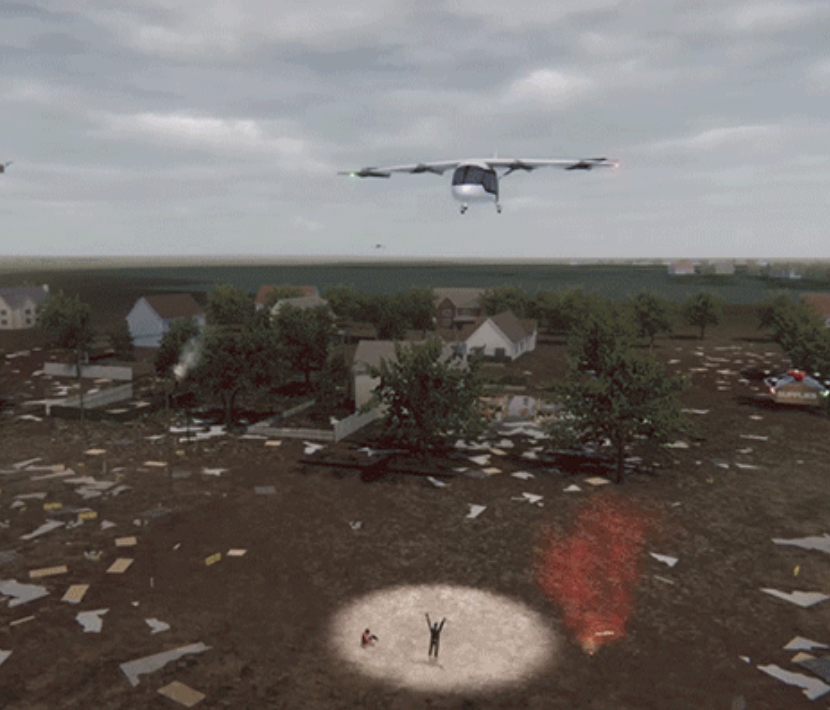
AAM has the potential to aid in disaster relief, assist in firefighting missions, and provide supplies to hard-to-reach areas during an emergency event. Several projects that support the AAM mission are working on elements to help make AAM a reality in emergency operations.
Episode 1: Misty Davies explains the value and feasibility of how AAM can assist in emergency response.
Healthcare
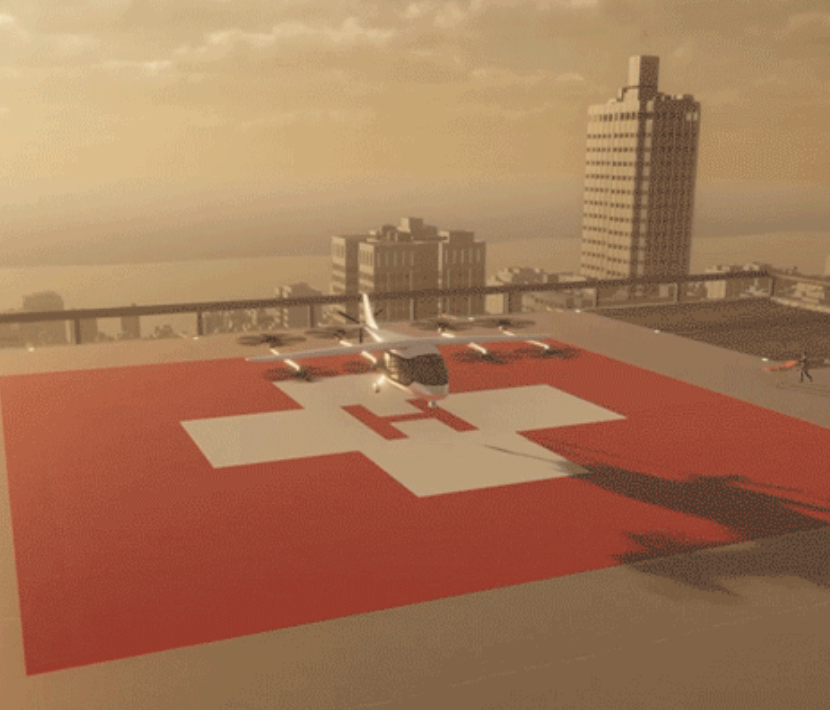
AAM has the potential to provide medical transport for people and supplies around the world. Several projects under the mission are working on different elements to help make AAM a reality in medical operations.
Episode 2: Davis Hackenberg explains why AAM is well suited for use in healthcare operations.
Automation
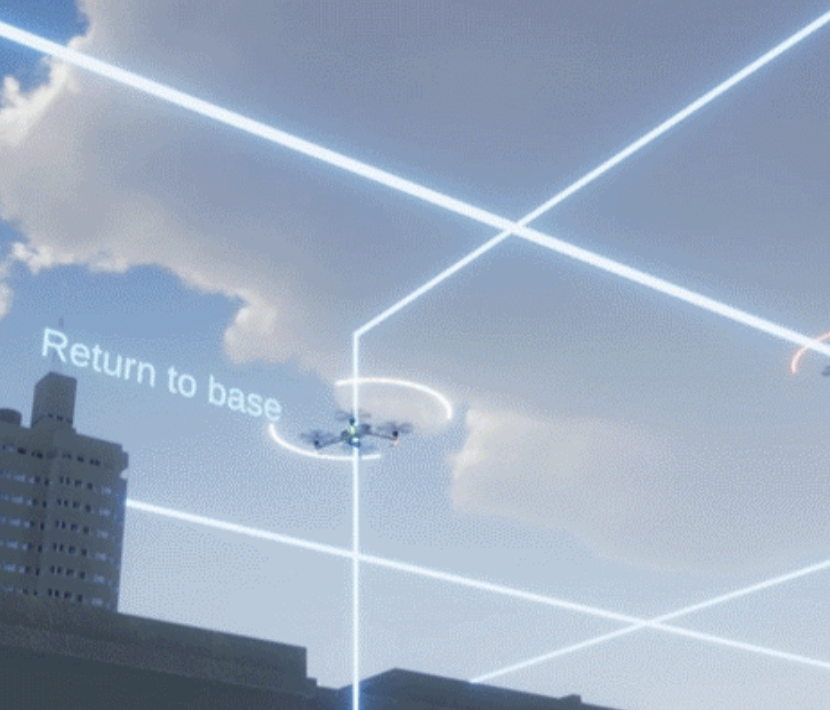
NASA is researching the automation software that will perform airspace communication, flight path management, avoidance with other vehicles, and more skills needed to operate in a busy airspace.
Episode 3: Kenneth Goodrich points out some of the automation research NASA is doing.
Vertiports
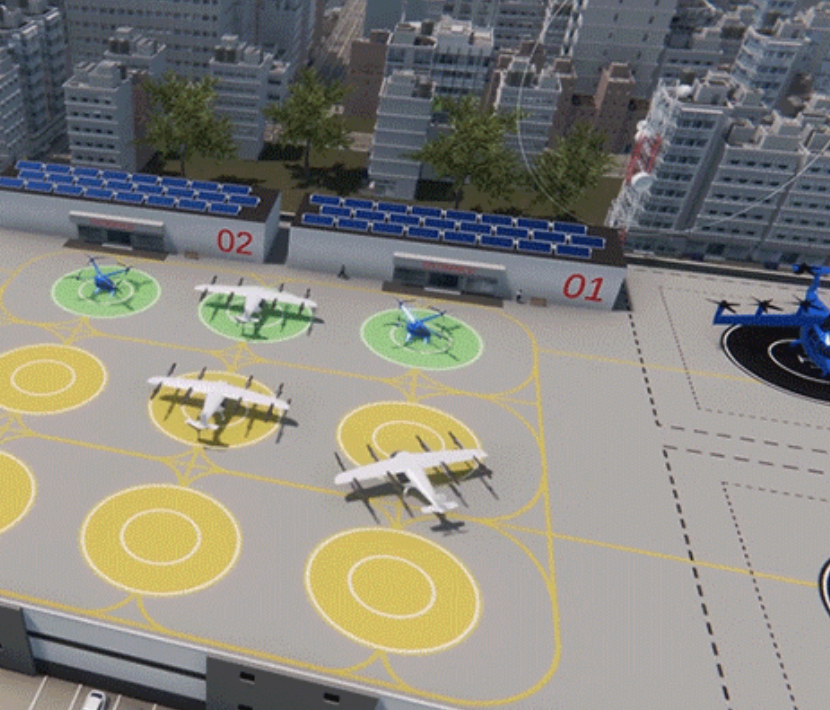
Many AAM aircraft designs will be electric vertical takeoff and landing, or eVTOLs, so they will have the ability to take off and land vertically like helicopters. NASA is researching where these vertiports or vertiplexes, which are multiple vertiports in proximity, will work into existing infrastructure.
Episode 4: Marcus Johnson explains the role that vertiports will play when eVTOLs are flying in our sky.
Travel Time
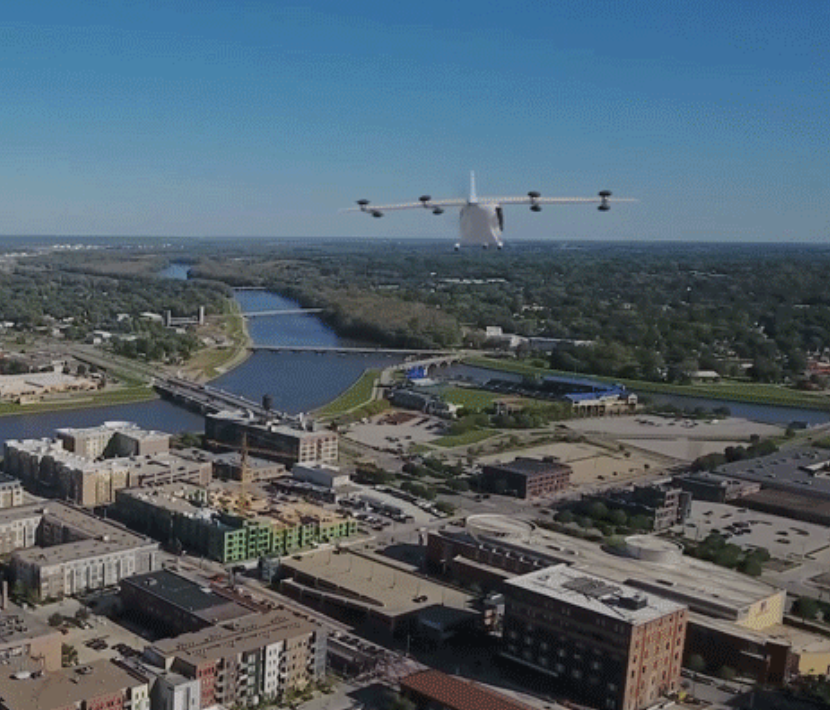
With the addition of AAM, another dimension of the sky is used for travel below traditional aircraft and above cars, buses, or trains below. NASA is researching how AAM could cut traffic commutes, make travel more sustainable, and make road trips shorter.
Episode 5: Hear from Mike Guminsky as he explains how travel will be positively impacted by the addition of AAM.
Noise
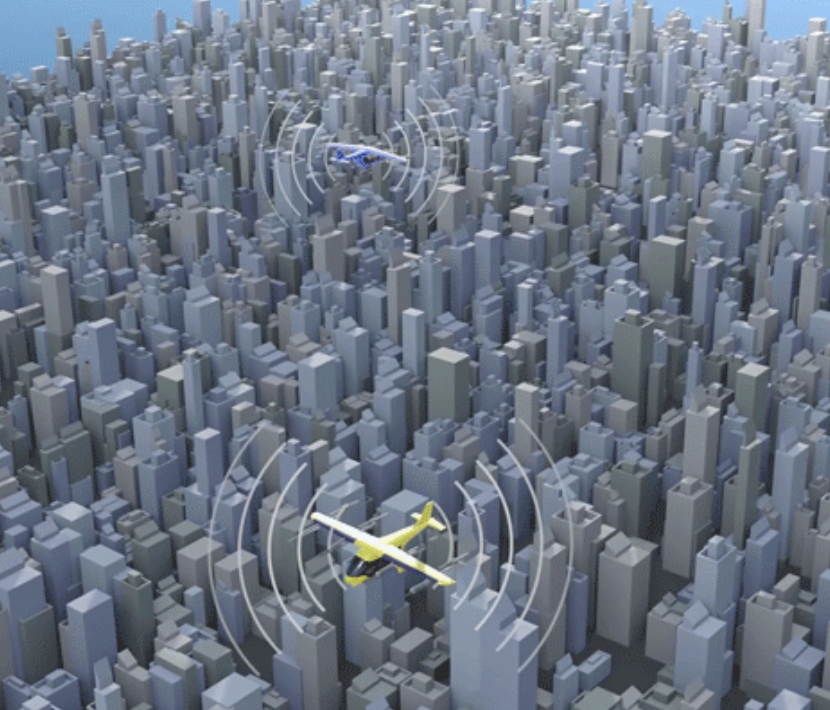
NASA is developing design tools that manufacturers of AAM aircraft can use to reduce noise made by their aircraft. Data from NASA testing will help define and optimize flight paths and assist the Federal Aviation Administration in creating policy.
Episode 6: Hear from Susan Gorton as she explains how NASA's research will help inspire quiet and less disruptive aircraft.
Infrastructure
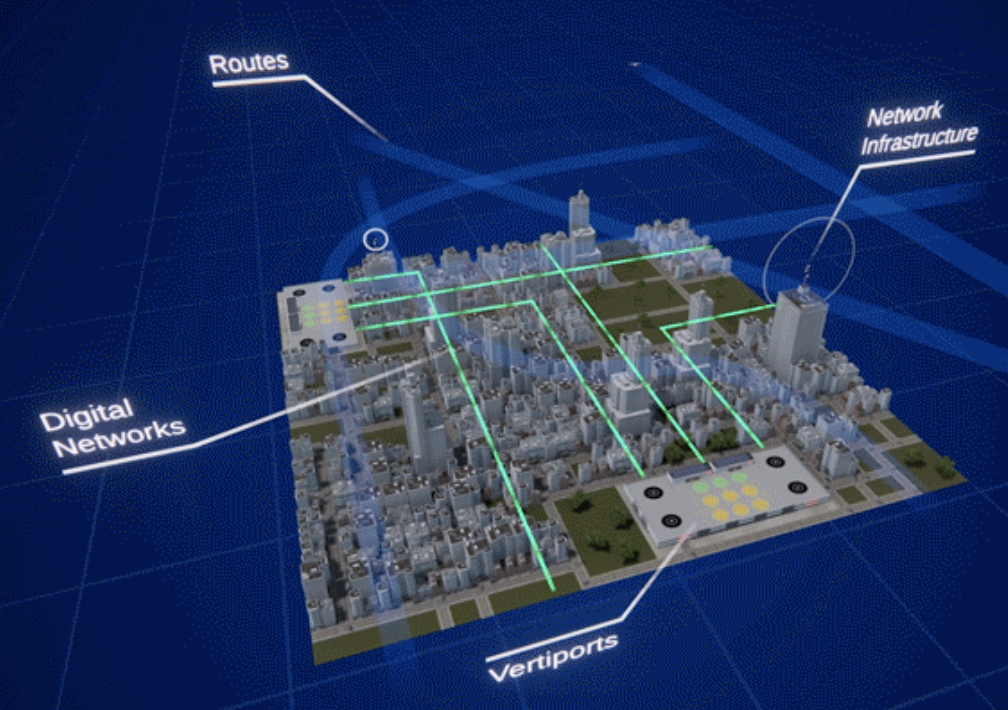
NASA is researching how adding new aviation capabilities will affect communities. This includes physical areas of focus – including adding vertiports to existing airports and creating charging stations – and digital areas of focus, how aircraft will communicate with one another and with air traffic control.
Episode 7: Hear from Shivanjli Sharma about how NASA is developing infrastructure solutions, both physical and digital.
Future Airspace
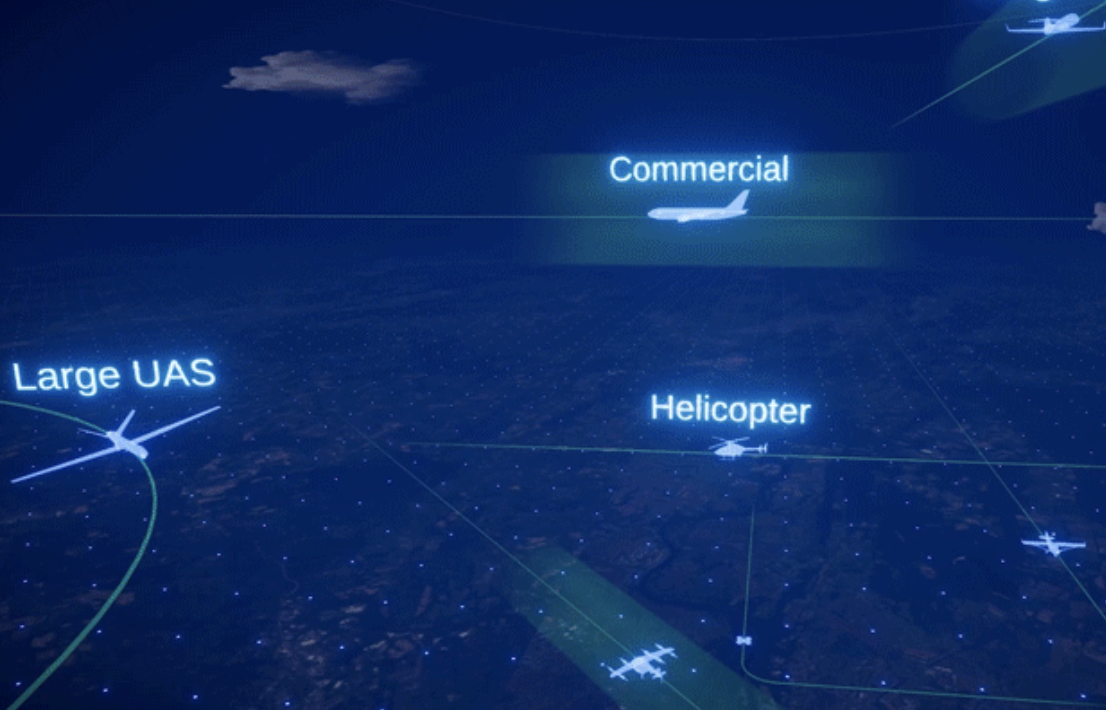
Industry and government partners must develop new air traffic management technologies so new types of aircraft can fly safely with existing aircraft. NASA is helping research new automated navigation systems that will improve airspace coordination.
Episode 8: Hear from William Chan as he explains how NASA’s airspace technology research will enable new aircraft to safely fly with existing aircraft.
Safety
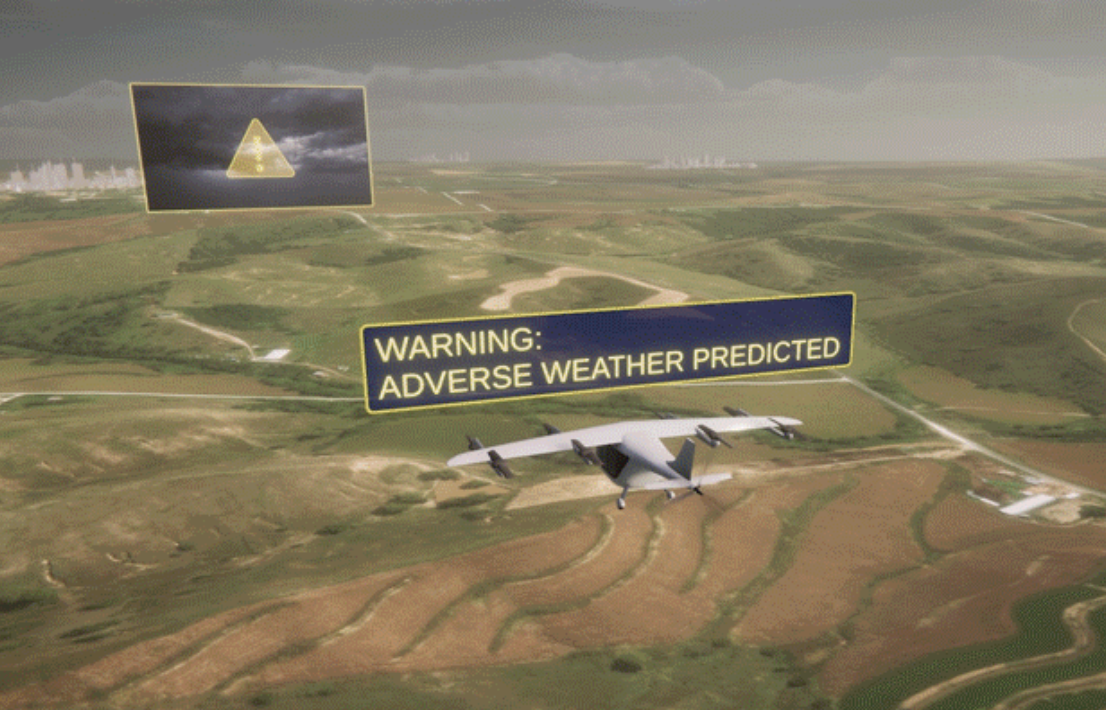
Before new types of aircraft can fly in the airspace, the FAA needs to ensure they are safe. NASA is evaluating how the addition of advanced automation systems and improved vehicle design can guarantee this new class of aircraft is safe to operate.
Episode 9: Hear from Natasha Neogi as she explains the ways NASA’s safety research will impact AAM.
Ride Quality
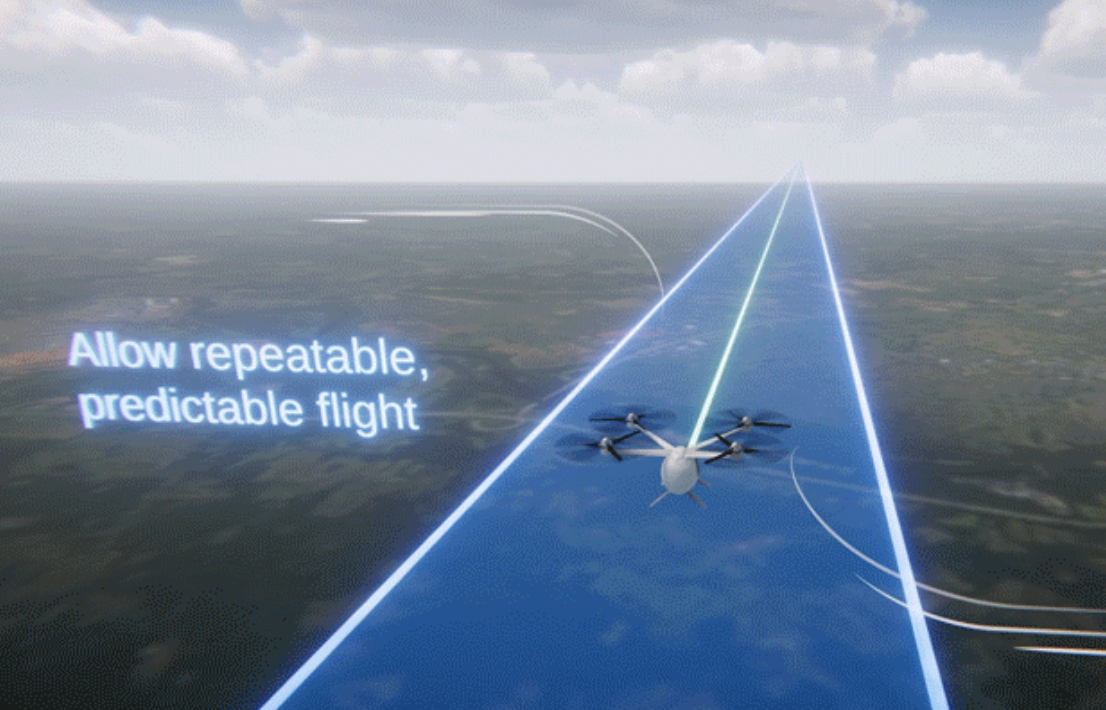
In order to create a viable market for eVTOLs, designers will have to create a comfortable passenger experience. NASA’s research will provide design guidance to industry manufacturers, ensuring passengers will have a smooth ride.
Episode 10: Hear from Carlos Malpica as he explains why NASA’s research in passenger ride quality is important to the future of flight.
Cargo Delivery
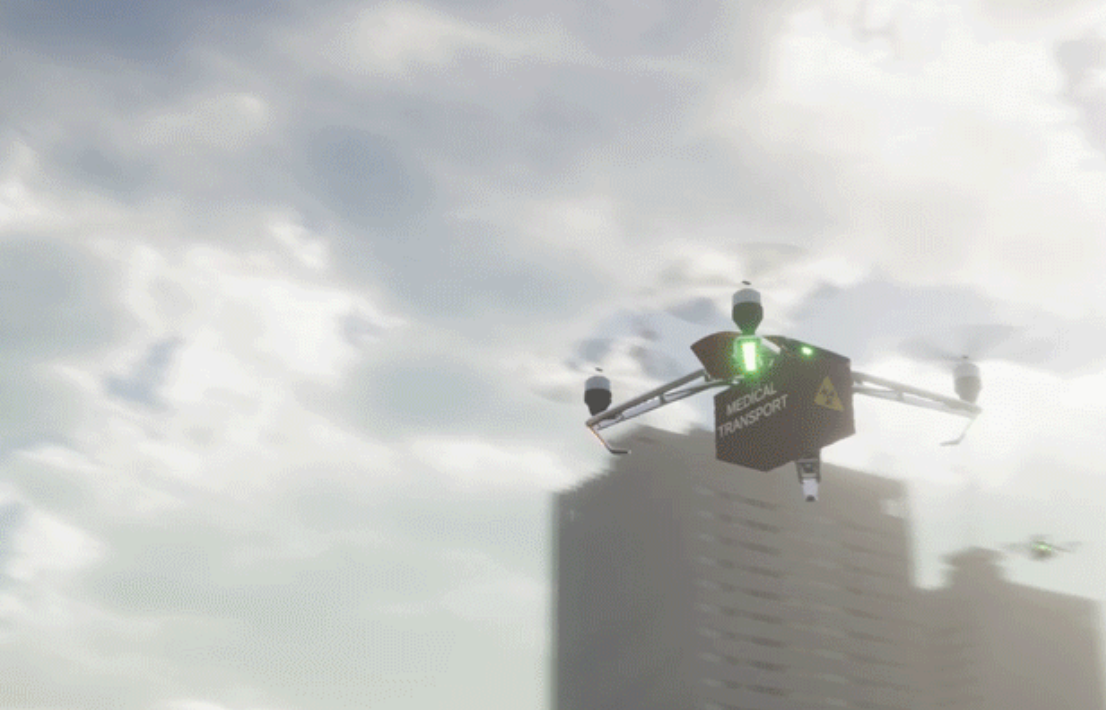
Advanced Air Mobility has the potential to revolutionize the cargo transportation industry by providing faster and cleaner modes of moving packages. This will include both large cargo delivery aircraft and small package delivery drones.
Episode 11: Hear from Kurt Swieringa on how NASA is uniquely qualified to find solutions for moving more packages by air.
Accessibility
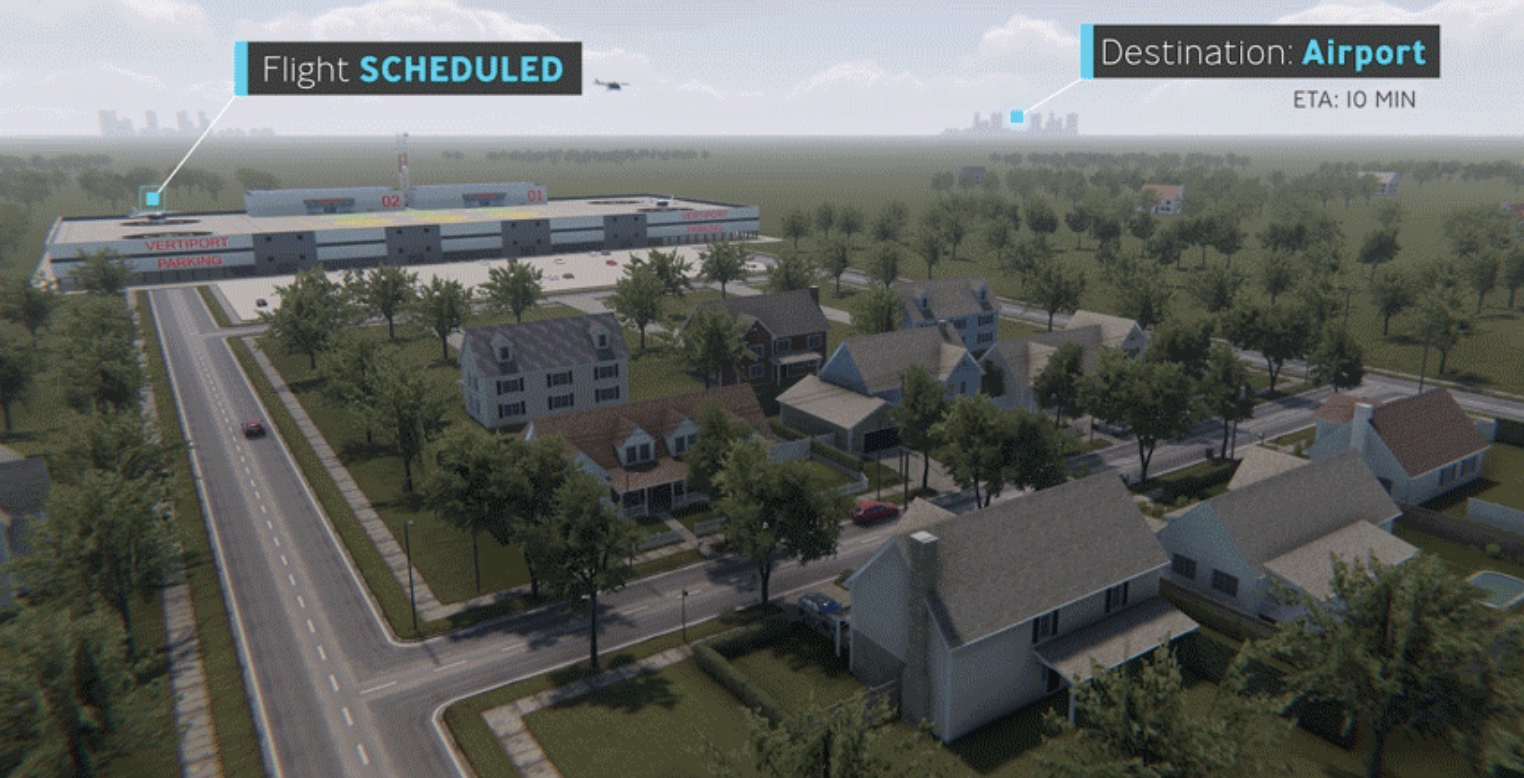
AAM will connect both urban dwellers and rural residents by adding a new way to travel by air. Like commercial air travel today, accommodations will need to be made to these aircraft to cater to all levels of ability. This could include installing ramps for wheelchair access, specialized seats and seatbelts, and added visual and auditory aids to make the aircraft ADA compliant.
Episode 12: Hear from Nancy Mendonca about how AAM will allow for more accessible ways to travel from city to city and city to rural areas.
Learn More!
The Droning Company's Chris Fravel interviews NASA Deputy AAM Mission Integration Officer at Xponential 2023 in Denver, Colorado.


